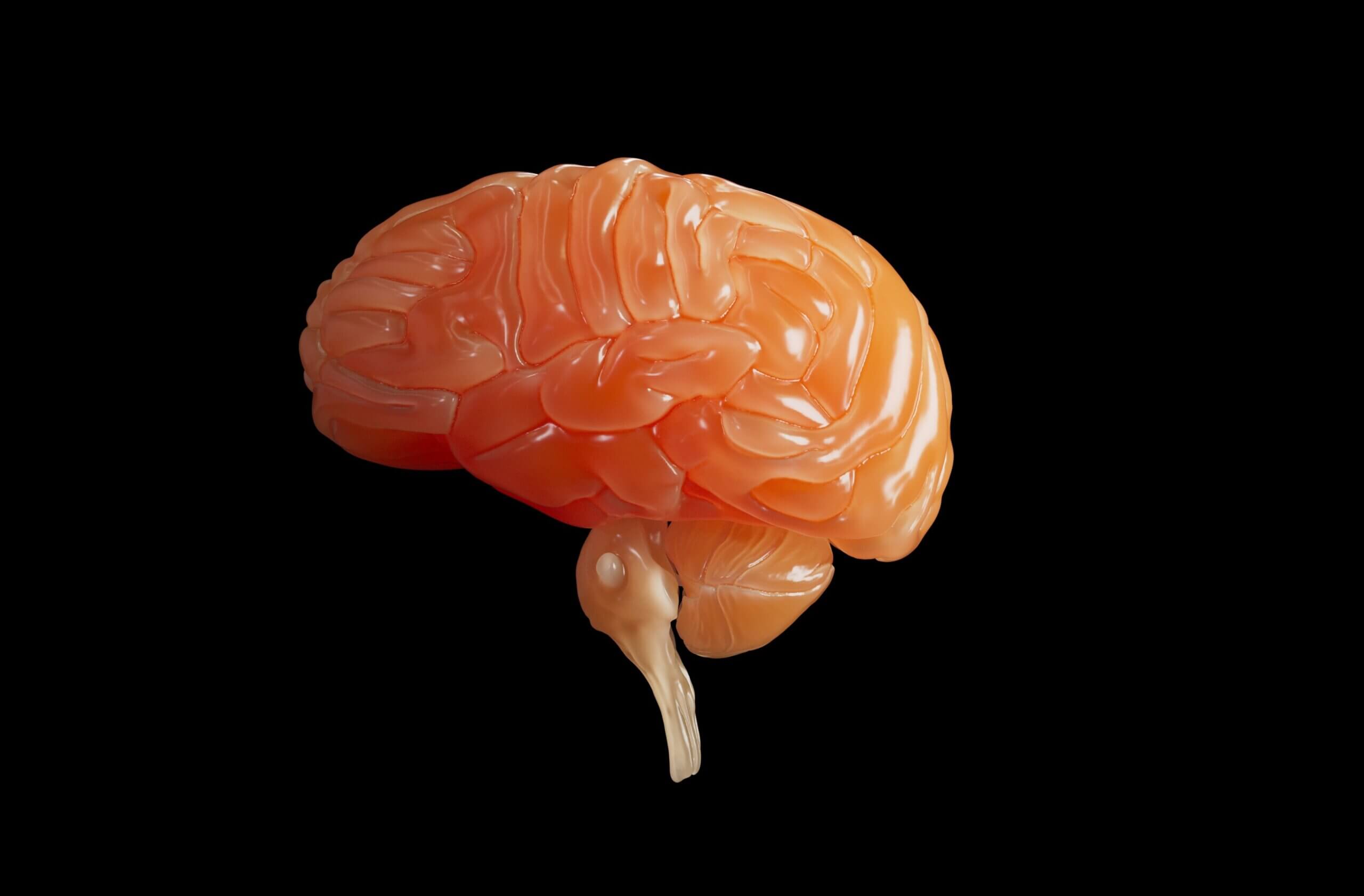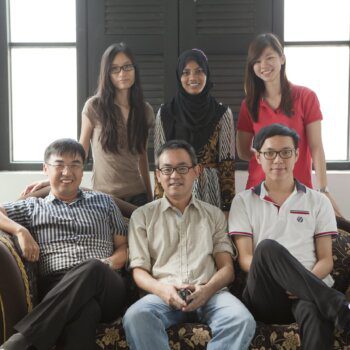Key Takeaway:
The Anthropocene era highlights the dangers of humanity’s extinction, with migration, war, climate change, hacking, and nuclear annihilation being the main threats. Human intelligence is unique in reproduction and survival, as it also poses an ethical risk. Western mythology and literature provide insights into the moral dilemmas at the heart of human intelligence, such as the use of monsters as metaphors, the development of mutual focus, and the importance of ethical relationships in forming a moral social structure. The belief that language serves primarily as a means of conveying ideas has repercussions beyond undervaluing the danger of hate, polarizing, or divisive speech. The rise of digital screens has also led to a forgetting of our moral obligation to care for others, as technology may deflect us from understanding the underlying ethical issue of artificial intelligence.
The Anthropocene era suggests that humanity is on the verge of extinction.
We are reminded of yet another danger to our safety and tranquilly every day. National borders are crossed by migrants and refugees due to war, political unrest, and climate change. Hackers target both public and private organisations’ networks. Planes and trucks are used as weapons by terrorists.
And like the sword of Damocles, the threat of complete nuclear annihilation looms ominously over us all.
A problem that is as old as humanity itself lies at the heart of these threats.
There is one particular reason why human intelligence is unique in the realm of reproduction and survival. Among all the species on Earth, we are the only ones for which intelligence also poses an ethical risk. As anthropological critic Eric Gans has argued, we are unique among animals in that our greatest existential threat also stems from the issue of our violence.
Western mythology and literature offer insights into the ethical quandary at the heart of human intelligence. Our understanding of how language and other forms of symbolic human communication contribute to the formation of ethical relationships has a significant impact on our society.
A moral obligation
Religion has been responsible for managing human conflict for the majority of human history. In hunting and foraging societies, for instance, the distribution of meat following a successful hunt is subject to strictly regulated rituals.
It is hard to find and kill animals. Meat is precious and hard to come by. As such, there is a greater chance that violence will break out during distribution. Religion offers a moral code for the nonviolent sharing of meat.Literature has also examined the moral dilemma raised by acts of violence against people.
For instance, my research on Shakespeare looks at his plays as a methodical way to try and figure out where conflict among people first started. Shakespeare’s plays portray humanity’s propensity for self-destruction in great detail.
Similar subjects were covered by Homer’s epic poem the Iliad before Shakespeare. The conflict between the Greeks and the Trojans was not Homer’s main concern; rather, it was Achilles’s animosity towards his king, Agamemnon, for abusing his power to take Briseis, Achilles’s war captive.
Even though Achilles is a far superior fighter, he needs to learn to put aside his grudge against his superior if the Greeks are to prevail in the war.
Use of monsters as metaphors
This lesson is given a strange twist in science fiction during the scientific and technological revolutions of the modern era, starting with Mary Shelley’s Frankenstein.
Victor Frankenstein, the main character in Mary Shelley’s book, is successful in creating a creature with independent thought. However, Victor’s creation turns into his despised adversary very quickly, which is why Victor calls his creation a hideous monster. Victor has what his opponent desires—a wife and, consequently, the possibility of having children. Victor’s monster serves as a metaphor for the harm that people do to one another.
All animals compete, of course, for limited resources. Rivals will inevitably turn violent in this Darwinian competition. Pecking orders are highly developed in other social animals, such as chimpanzees, and they facilitate the defusing or constraining of conflict over contested objects. In a fight, the alpha animal might be challenged by the beta. It assumes the alpha position if it prevails.
However, these struggles for supremacy are never portrayed symbolically as existential dangers to the social structure.
Since humans are the only animals whose greatest threat is themselves, only humans are symbolically represented as having the capacity for violence in mythology, religion, and literature.
Developing mutual focus: a moral obligation
The prevailing opinion in the modern world is that an individual’s ability to process information quickly determines their level of intelligence. The idea that speech is primarily used to convey facts about the outside world is the source of the concept of the human brain as a “information processor.”
However, a more essential function of language that is overlooked in this image is creating mutual attention.
Around nine months of age, children engage in what psychologist and neuroscience professor Michael Tomasello refers to as joint attentional scenes. Tomasello studies social learning.
The mother of the child might say, “Those are pretty flowers,” pointing to some flowers. It’s important that the mother is asking the child to participate in cooperative attention-giving rather than just that the mother has spoken. The child is being presented with the flowers as a shared aesthetic object of attention.
A moral social structure
These realisations show that developing a human understanding of the world is contingent upon our interpersonal relationships. Ethical relationships are essential to an ethical social order.
The explosive growth of conspiracy theories and extreme ideologies in the social media era has highlighted how useless it is to fight extremism solely with empirical truth. A lot of people are still drawn to strong, controversial speech and ideologies.
This fact should serve as a reminder that creating a scene of shared attention is a prerequisite for effectively communicating a concept.
The belief that language serves primarily as a means of conveying ideas has repercussions beyond making us undervalue the danger that hate, polarising, or divisive speech poses. This point of view also pushes us to regard individuals not as unique beings but rather as discrete repositories of knowledge that we can utilise to our advantage.
Forgetting our moral obligations
Our conversations are becoming more and more mediated by the ubiquitous digital screen. Of course, this is convenient, but convenience has a price.
We might pay a price in forgetting our moral obligation to care for others.
Technologists deflect us from understanding the underlying ethical issue, which is with the humans who create and use the computers, when they claim that computers may soon outsmart humans and that artificial intelligence poses an existential threat to humanity.






























